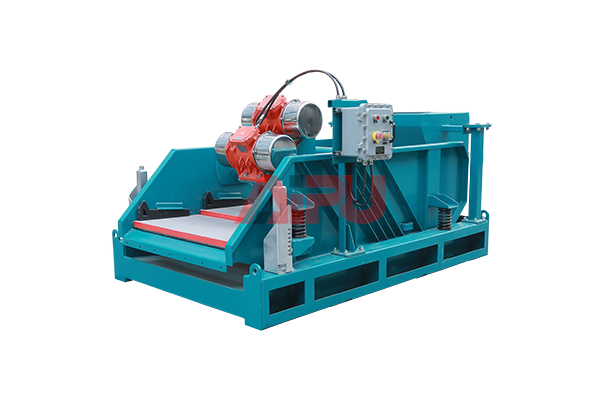The filtration capacity of a solids control system is critical for efficient drilling operations. When filtration performance declines, it can lead to increased costs, equipment wear, and environmental concerns. Understanding common issues and their solutions helps maintain optimal system performance.

Several factors can affect filtration capacity. Screen blinding occurs when particles clog the mesh openings, reducing flow rates. Regular inspection and proper screen selection based on particle size distribution can prevent this issue. Chemical contamination from drilling fluids may also degrade screen performance, requiring thorough cleaning or replacement.
Improper shaker operation frequently causes filtration problems. Excessive feed rates overload the system, while insufficient vibration fails to separate solids effectively. Operators should maintain recommended feed rates between 500-800 GPM and ensure proper vibration intensity (typically 5-7 G's) for optimal performance.
Fluid properties significantly impact filtration. High viscosity fluids reduce separation efficiency, while improper chemical treatment can create fine particles that bypass screens. Regular monitoring of mud properties and adjusting treatments accordingly helps maintain filtration capacity. The ideal mud weight for most operations ranges between 9-12 ppg.
Equipment wear represents another common challenge. Worn screen panels, damaged seals, or deteriorating hydrocyclones all reduce separation efficiency. Implementing a preventive maintenance schedule that includes monthly inspections of all critical components can identify issues before they affect performance.
Environmental conditions also play a role. Temperature fluctuations can change fluid viscosity, while humidity affects screen drying. In cold environments, heating systems may be necessary to maintain optimal operating temperatures between 40-120°F (4-49°C).
If your project requires solids control equipment, choose Aipu solids control, it will be your best choice.
